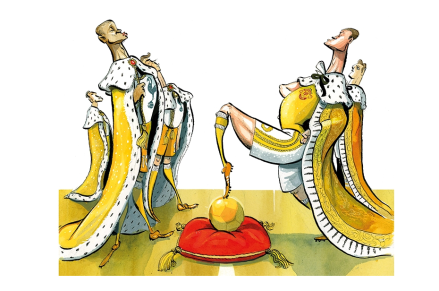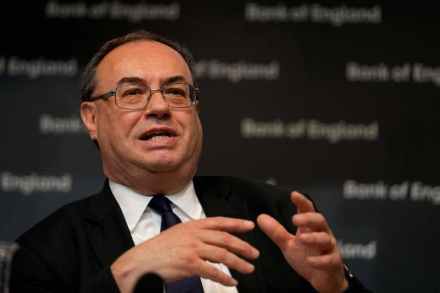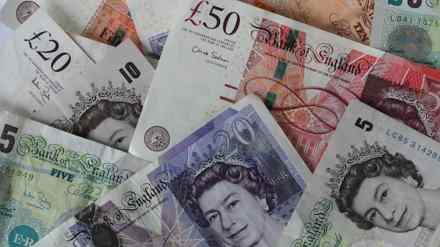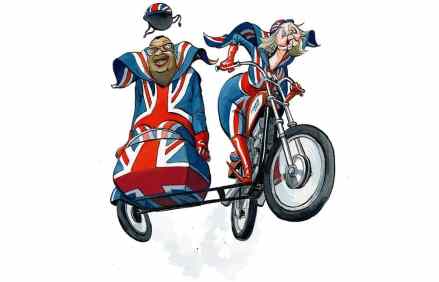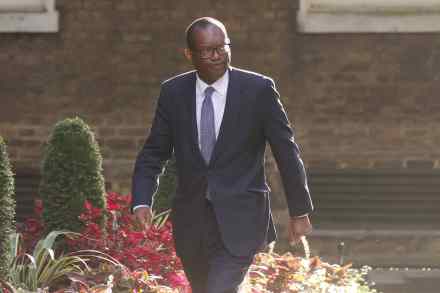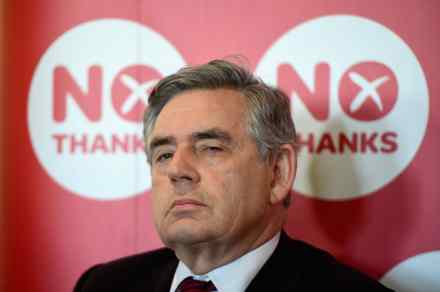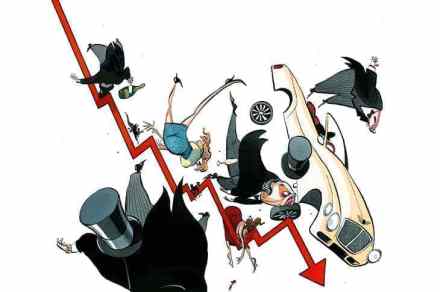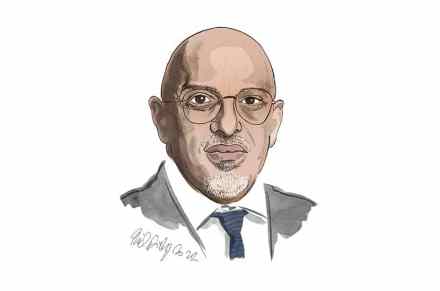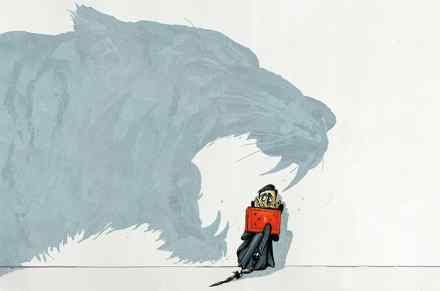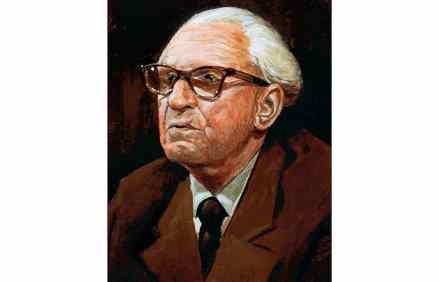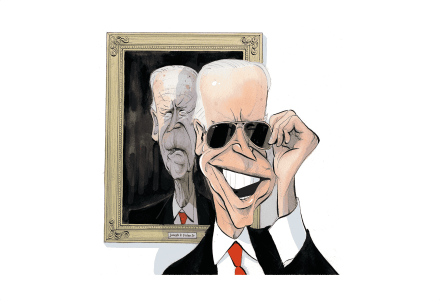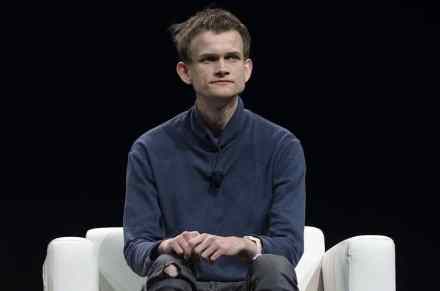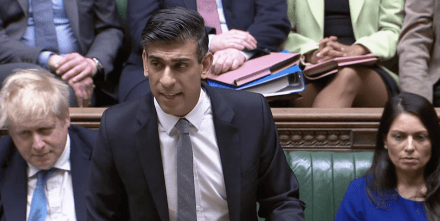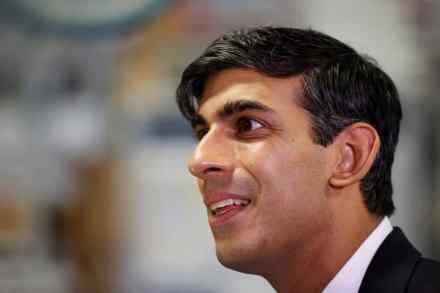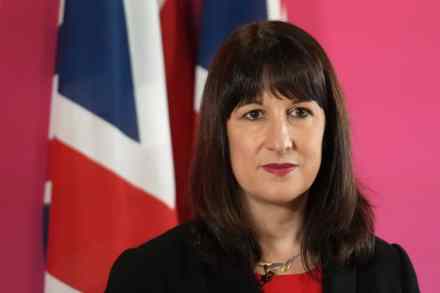Why football needs a regulator
Plans by the government to introduce a regulator to the football industry – endorsed by all Westminster parties just a year ago – have, to use jargon oddly appropriate in this case, been ‘kicked into the long grass’. Truss is instinctively against regulating almost anything. When I asked her about the ‘fan-led’ Crouch Report on the campaign trail a few weeks back, she replied, not very cryptically, that she would apply a ‘very high bar’ to any new types of regulation. So, the news that the legislation has been paused is no great surprise to me. The Premier League has, in effect, largely become a closed shop of the 20
